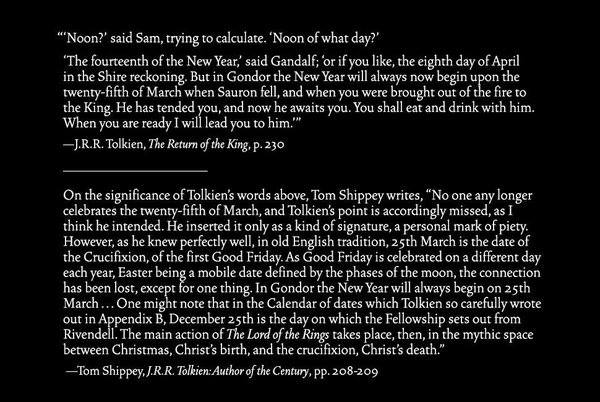Church Leadership Book Reading, Year 1
This past year I began hosting a monthly book club with the leaders (mostly elders) of my congregation aimed at theological and biblical development, conversation starters for ministry, and growing in a shared, cohesive vision for our church. This was a new idea for our church, but it seemed to have gone well. For year one I was aiming mostly at what church life and mission looks like. We’ll pick up again in September for year two. Below are the books we read together.
Women’s Ordination in the EPC: Learning from the CRC
The EPC occupies a rare place in Reformed evangelicalism. We allow for the ordination of women, but we do not require our officers to affirm women’s ordination, nor require churches to ordain women, and permit presbyteries to have male-only teaching elders. This subject is one of the few the EPC has formally identified as a “non essential” where there is room to disagree.
The EPC is not unique in our approach. The Christian Reformed Church of North America (CRC), which is an official ecumenical partner of the EPC, has a very similar position. Unlike the EPC, which was founded in 1981 and has had this position on women’s ordination since then, the CRC is a church with its roots in the Neo Calvinist movement in the mid-19th century and only began allowing women’s ordination 25 years ago. That led to schism and the formation of the URCNA. For the EPC, the issue is one we have settled from the outset: freedom for all views. For the CRC, the ordination of women is seen as part of a larger trajectory, for good or for ill.
How’s that going? Following the CRC’s recent adoption of their human sexuality report, a group has emerged calling for the church to adopt a third way, allowing room to agree to disagree on LGBT issues. They cite the CRC’s success with women’s ordination as an example of this possibility. CRC Pastor Eric Van Dyken assessed the state of things recently, and this excerpt is worth including at length…
Same Sex Attraction and Mortification: Article Up at the World Reformed Fellowship
The World Reformed Fellowship published my 10 Theses on Same Sex Attraction and Mortification (it only was made visible yesterday to the public, though published in December). This a slight variation on the version of the theses I published last summer. My hope is to build common ground across denominations who may disagree over whether people need to repent of their same sex attraction. The category of mortification is much more helpful and allows more consensus building.
Precision Questions on Baptism
Below is a series of nine questions on baptism from my sent folder, intended to highlight the difference between the position of the Reformed tradition and someone who prefers administering baptism only to those who profess faith. Yes, all of the citations are confessional texts, not biblical texts, because these questions were designed to show what our doctrine is. Nor are these all the important questions and such about baptism.
Is repentance/belief a necessary prerequisite to receive the sacrament of baptism?
No, repentance/belief is not a necessary prerequisite. The sacrament confirms Christ’s action and is a means by which Christ through his Spirit works repentance/belief (WCF 27. 3, 28.1, 28.6; WLC 161-162, 165-166, 177).
Does the covenant of grace include the promise of regeneration, remission of sins, and justification? Do the sacraments of the covenant of grace sign and seal all of the covenant of grace and its benefits…

